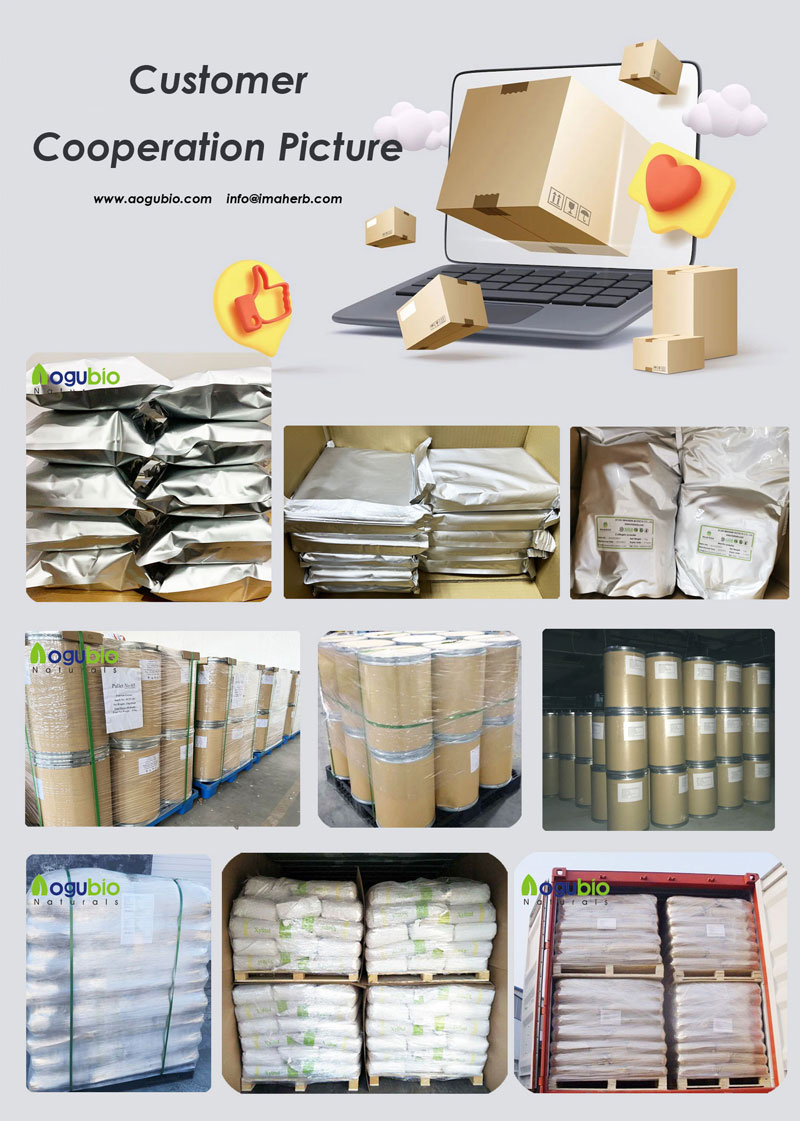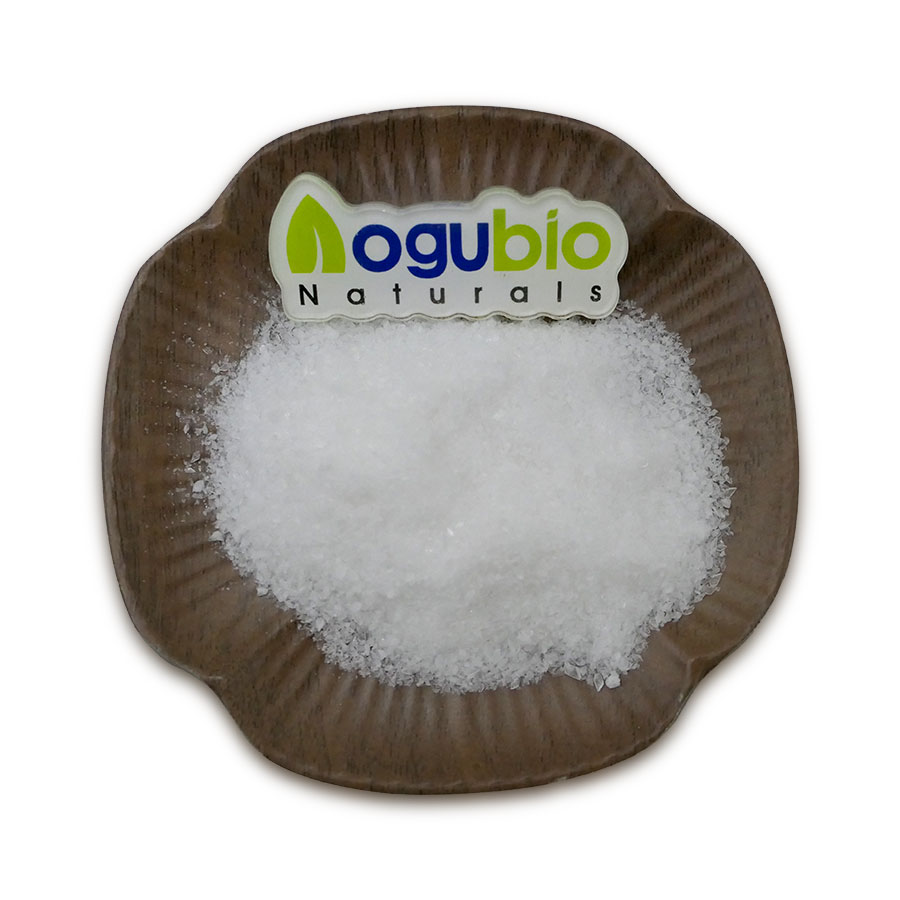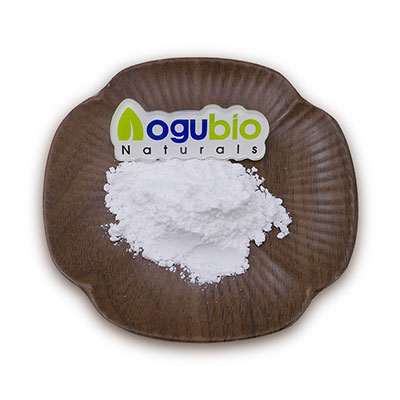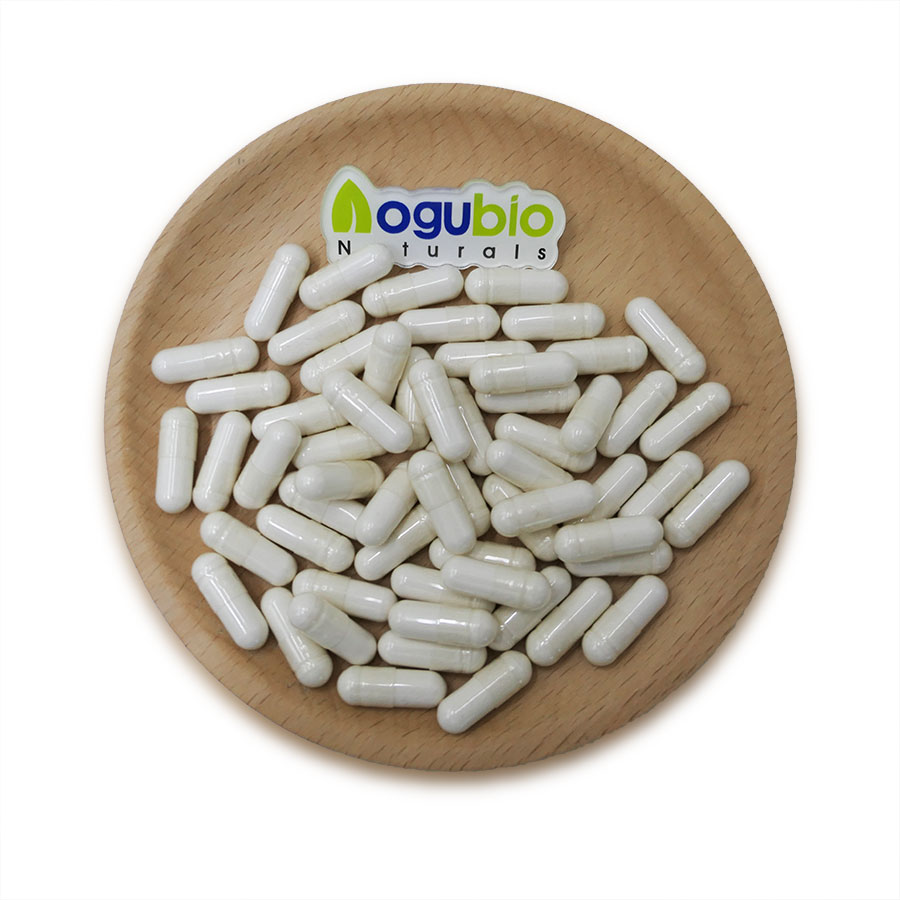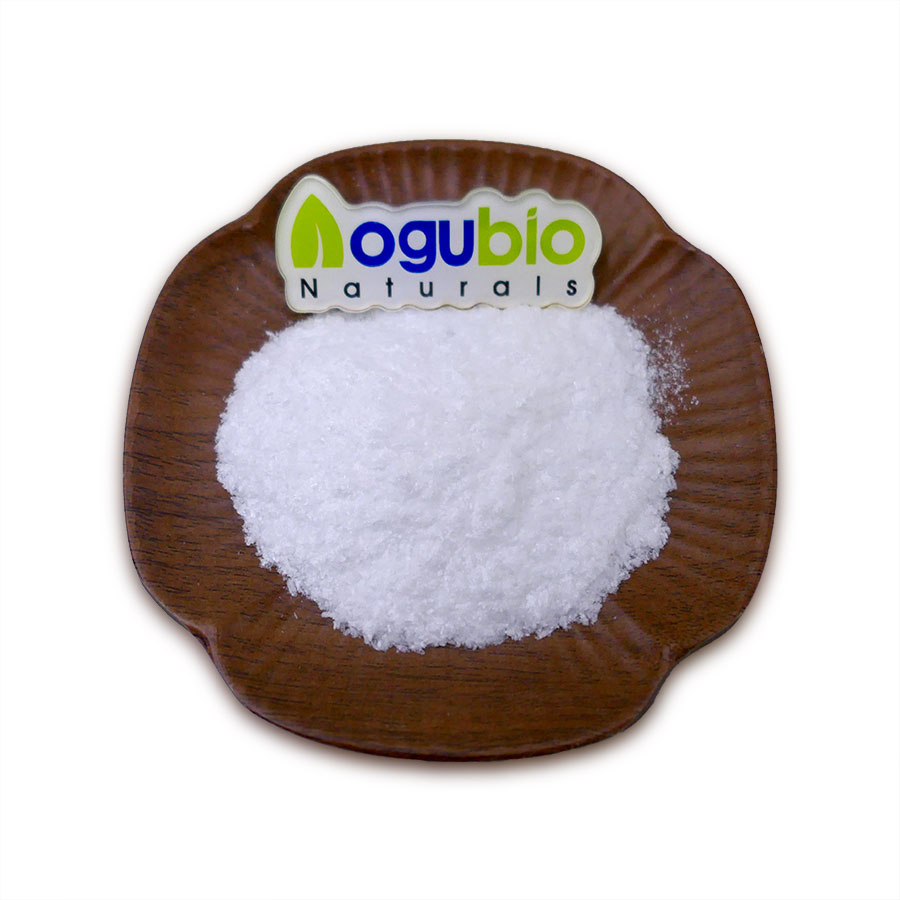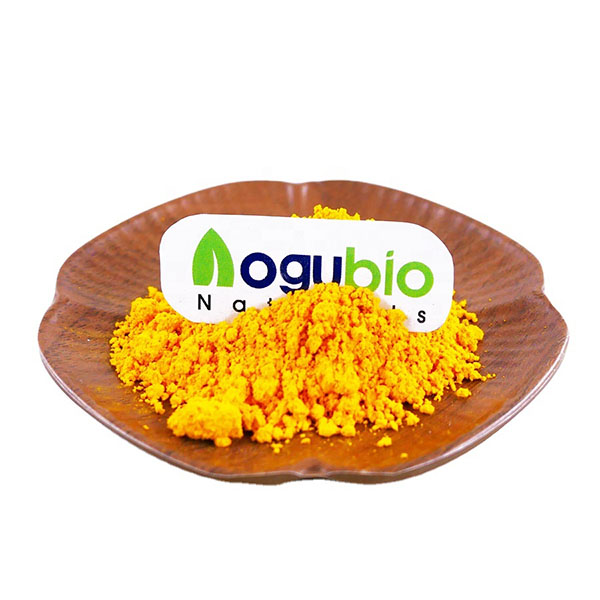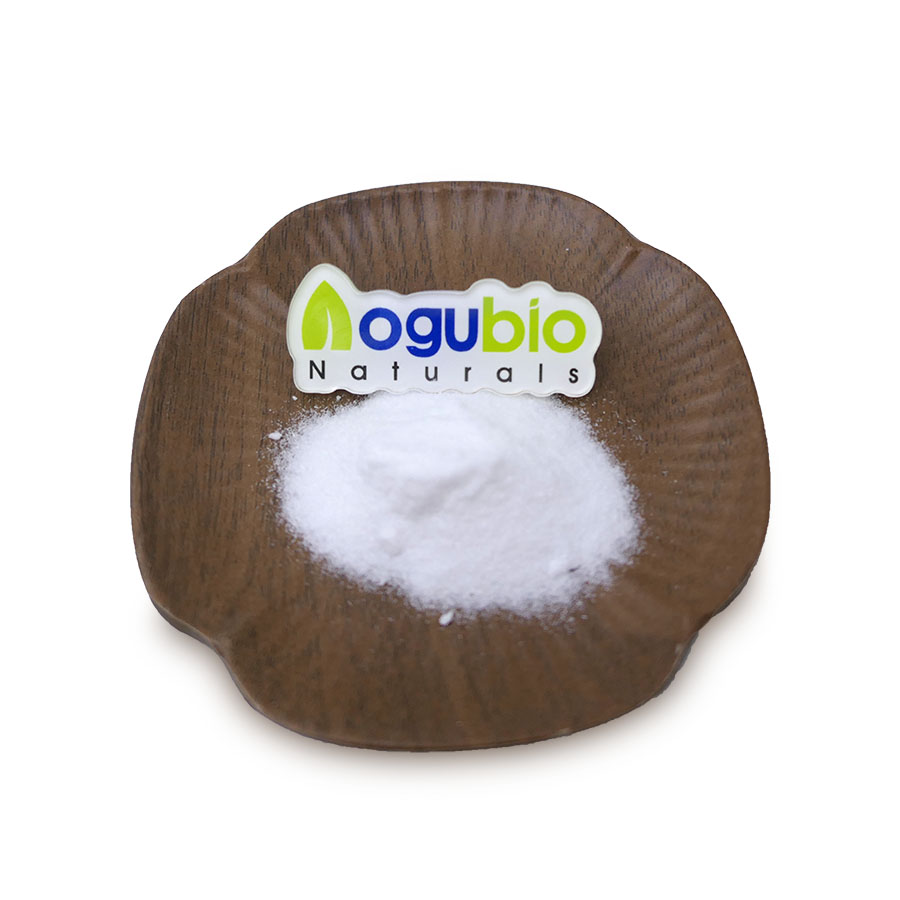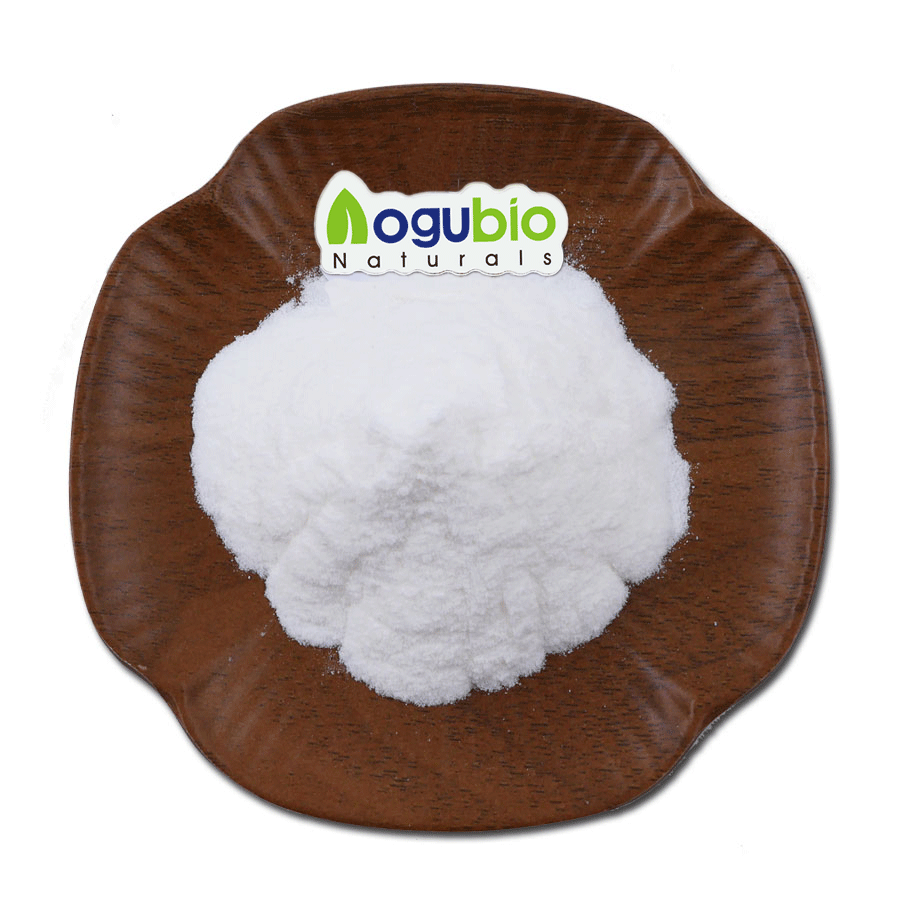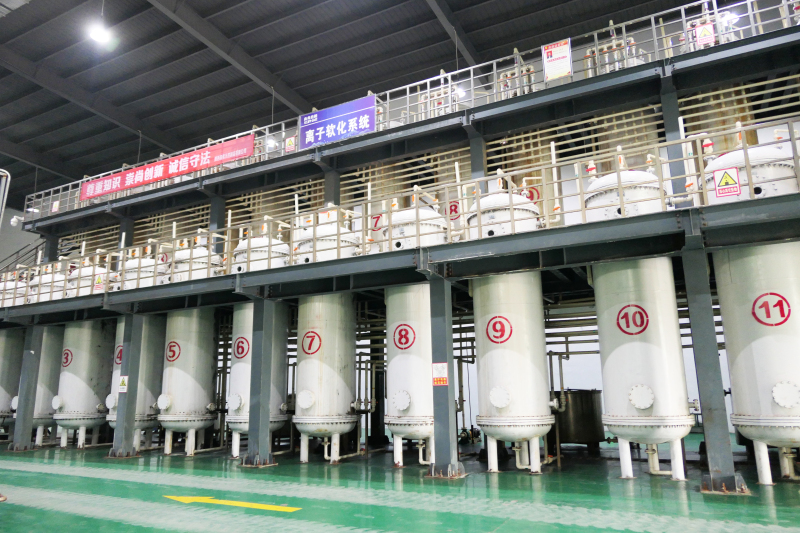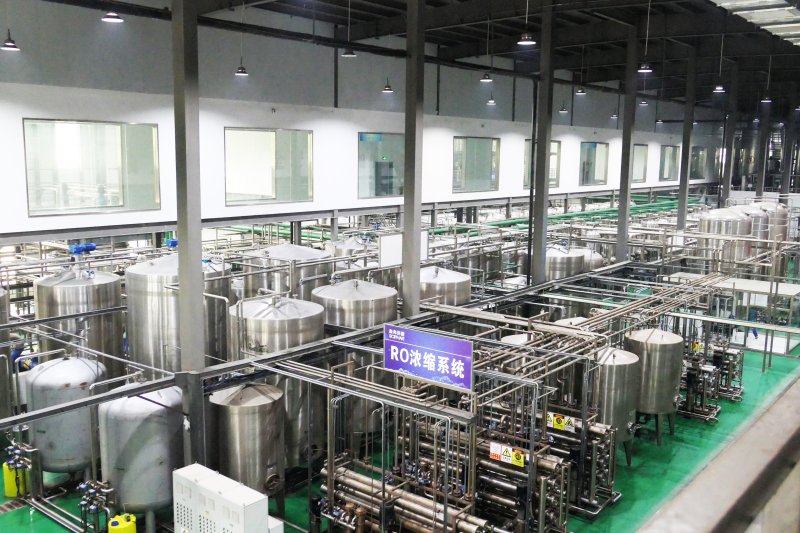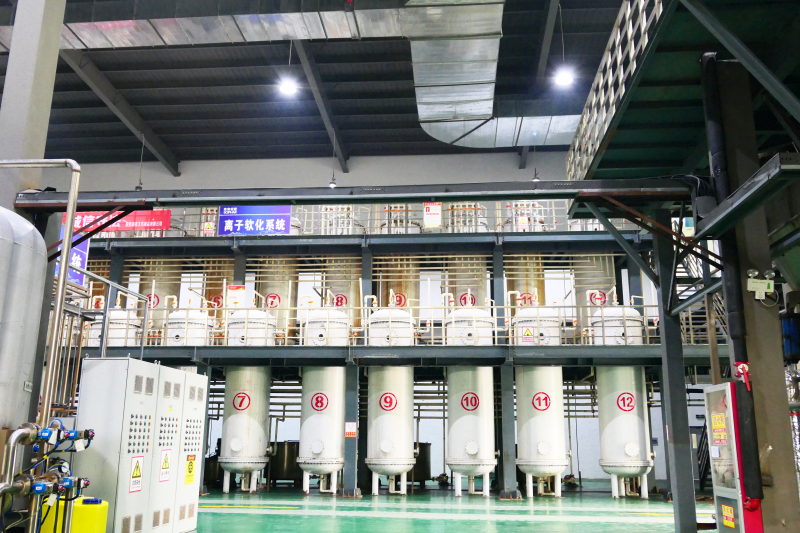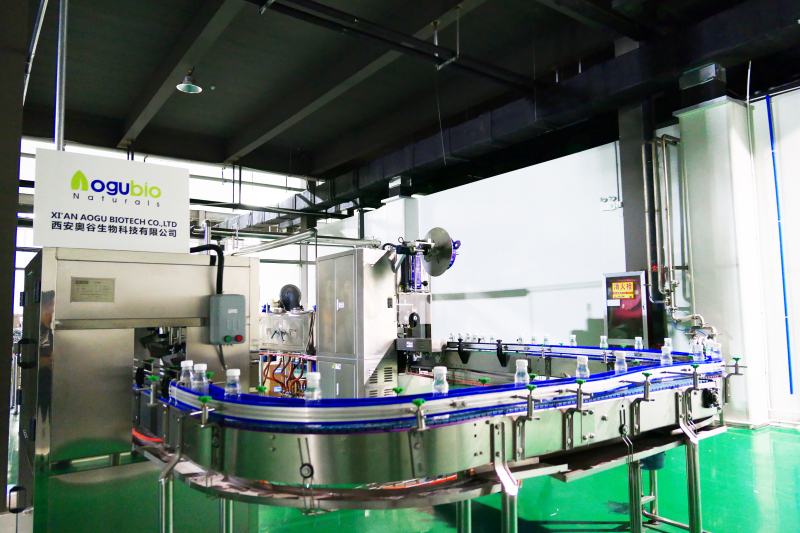Unlocking the Anti-Cancer Potential of N-Acetylcysteine
N-acetylcysteine (NAC) powder, a derivative of the amino acid cysteine, has long been recognized for its potent antioxidant properties. It has gained considerable attention in recent years for its potential anti-cancer effects. Researchers have been exploring its ability to prevent and treat various types of cancer, and the results have been promising.
Cancer is a complex disease characterized by the uncontrolled growth and division of abnormal cells. Oxidative stress, caused by an imbalance between the production of free radicals and the body's ability to neutralize them, is known to play a crucial role in the development of cancer. NAC acts as a powerful antioxidant, helping to reduce oxidative stress and protect cells from damage.
Many studies have shown that NAC can inhibit the growth of cancer cells and induce their death, a process known as apoptosis. It has been demonstrated to be effective against a range of cancers, including lung, breast, colon, and prostate cancer. In lung cancer, for example, NAC has been found to inhibit the growth and metastasis of cancer cells by suppressing the activity of certain proteins involved in tumor development.
Furthermore, NAC has been shown to enhance the effectiveness of conventional cancer therapies such as chemotherapy and radiation. It can act as a chemosensitizer, making cancer cells more susceptible to the cytotoxic effects of chemotherapy drugs. By increasing intracellular levels of a molecule called glutathione, NAC helps neutralize the harmful effects of chemotherapy drugs on normal cells while sensitizing cancer cells to treatment.
Another interesting aspect of NAC's anti-cancer potential is its ability to modulate the immune system. The immune system plays a critical role in recognizing and eliminating cancer cells. NAC has been found to enhance the activity of certain immune cells, such as natural killer cells and T cells, which are responsible for detecting and killing cancer cells. By boosting immune function, NAC may help improve the body's natural defense mechanisms against cancer.
In addition to its antioxidant and immune-enhancing properties, NAC has also been shown to possess anti-inflammatory effects. Chronic inflammation is closely associated with the development and progression of cancer. By reducing inflammation, NAC may help prevent the initiation and growth of tumors.
Despite the promising findings, more research is needed to fully understand the mechanisms underlying NAC's anti-cancer effects and to determine the optimal dosage and treatment duration. Clinical trials are currently underway to evaluate the safety and efficacy of NAC in cancer prevention and treatment. It is important to note that NAC should be used under the guidance of healthcare professionals, as it may interact with certain medications and have potential side effects.
In conclusion, N-acetylcysteine powder shows great promise in unlocking the anti-cancer potential. From its antioxidant and immune-enhancing properties to its ability to sensitize cancer cells to conventional therapies, NAC holds great potential as an adjunctive treatment in the fight against cancer. However, further research is necessary to fully exploit its benefits and incorporate it into mainstream cancer therapies.
Product Description
N-acetyl cysteine (NAC) comes from the amino acid L-cysteine. Amino acids are building blocks of proteins. NAC has many uses and is an FDA approved drug.
N-acetyl cysteine is an antioxidant that might play a role in preventing cancer. As a drug, it's used by healthcare providers to treat acetaminophen (Tylenol) poisoning. It works by binding the poisonous forms of acetaminophen that are formed in the liver.
People commonly use N-acetyl cysteine for cough and other lung conditions. It is also used for flu, dry eye, and many other conditions, but there is no good scientific evidence to support many of these uses. There is also no good evidence to support using N-acetyl cysteine for COVID-19.
N-Acetyl-L-Cysteine is an amino acid, can be transformed from the body of methionine, cystine can be transformed with each other. N-Acetyl-l-cysteine can be used as a mucilagenic agent. It is suitable for respiratory obstruction caused by a large amount of phlegm obstruction. In addition, it can also be used for detoxification of acetaminophen poisoning.
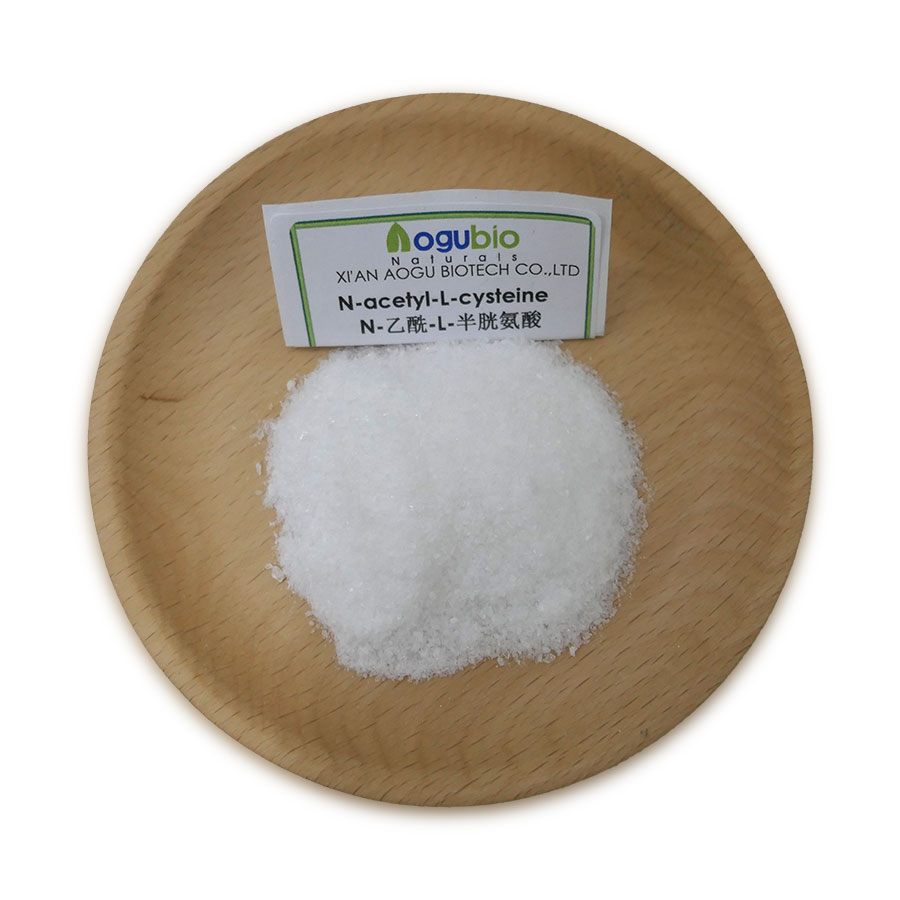
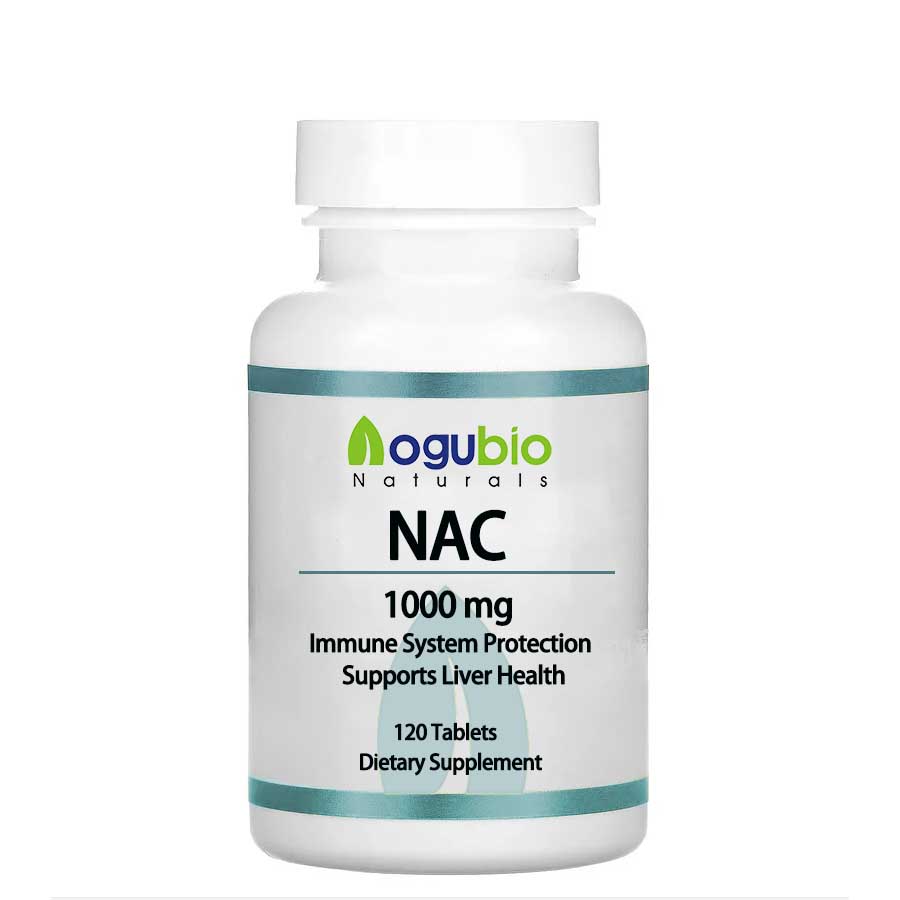
Function
N-Acetyl-L-Cysteine is an amino acid, can be transformed from the body of methionine, cystine can be transformed with each other. N-Acetyl-l-cysteine can be used as a mucilagenic agent. It is suitable for respiratory obstruction caused by a large amount of phlegm obstruction. In addition, it can also be used for detoxification of acetaminophen poisoning.


